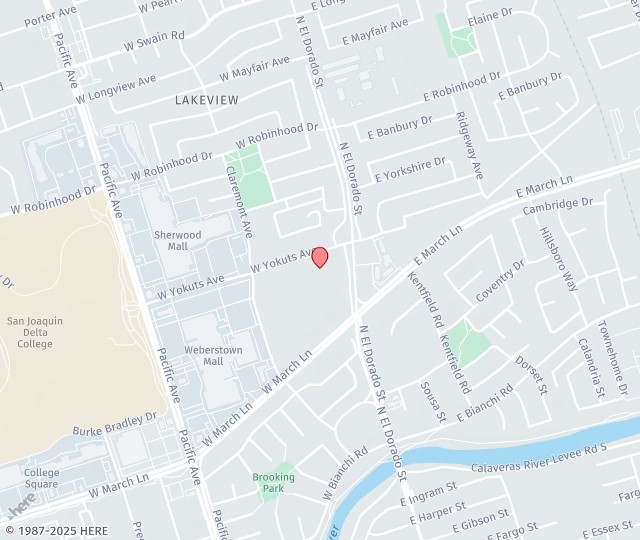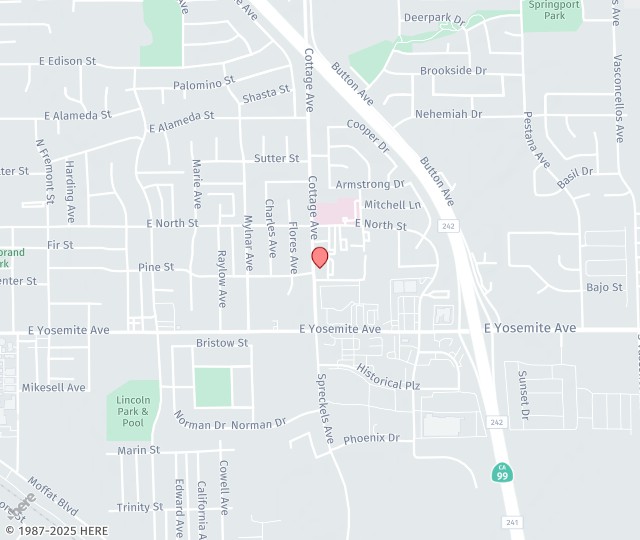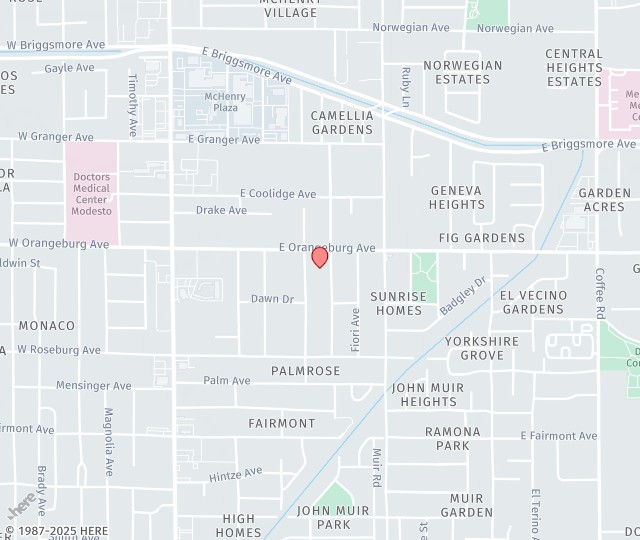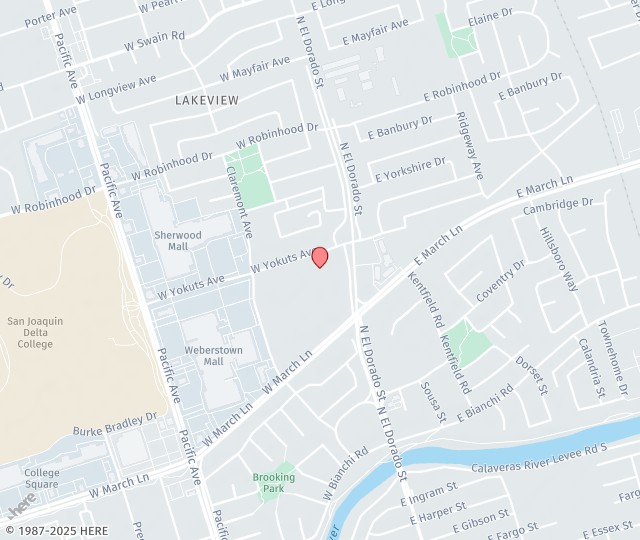
Orbital trauma refers to injuries affecting the bones, muscles, and nerves surrounding the eye. This damage can result from falls, sports injuries, or physical impact. Because the orbit plays a crucial role in eye positioning and motion, trauma to this area can result in vision and eye control problems.
If you have suffered harm and are experiencing changes in vision or eye movement, seeking medical attention is essential. You may need orbital reconstruction surgery to prevent complications. The fellowship-trained physicians at Central Valley Eye Medical Group, Inc. can assess your situation and help you decide the appropriate treatment.
How Orbital Trauma Affects Vision
Damage to the orbital structures can disrupt normal vision in several ways. If swelling, bleeding, or fractures impact the eye or its nerves, you may develop:
- Blurred vision: Swelling or blood accumulation can distort how light enters the eye.
- Double vision (diplopia): Objects may appear duplicated when the eyes do not align due to muscle or nerve damage.
- Partial vision loss: Severe trauma can harm the retina or optic nerve. This may lead to temporary or permanent vision impairment.
- Light sensitivity: Injuries affecting the optic nerve may worsen sensitivity to bright lights.
Some of these symptoms may worsen if left untreated. They can have a significant effect on depth perception and daily activities.
How Orbital Trauma Alters Eye Movement
Eye movement depends on the extraocular muscles and nerves that control how the eyes track and focus. Orbital trauma can harm or trap these structures, leading to:
- Limited eye motion: Fractures may cause muscle entrapment. This restricts the eye’s ability to move freely.
- Strabismus (eye misalignment): Muscle or nerve damage can prevent the eyes from working together. This causes one eye to drift.
- Involuntary eye movements: Some injuries impact the nerves that stabilize the eye. This leads to twitching or shaking (nystagmus).
Consult a Specialist Today
Are you experiencing persistent vision problems, eye misalignment, or difficulty moving your eyes after an injury? Seek evaluation right away.
At Central Valley Eye Medical Group, Inc., our specialists can assess your condition’s severity and recommend the most effective treatment.
Schedule a consultation today to receive expert care for orbital trauma. Call 1.800.244.9907 to request an appointment at one of our three locations (Stockton, Modesto, or Manteca).



